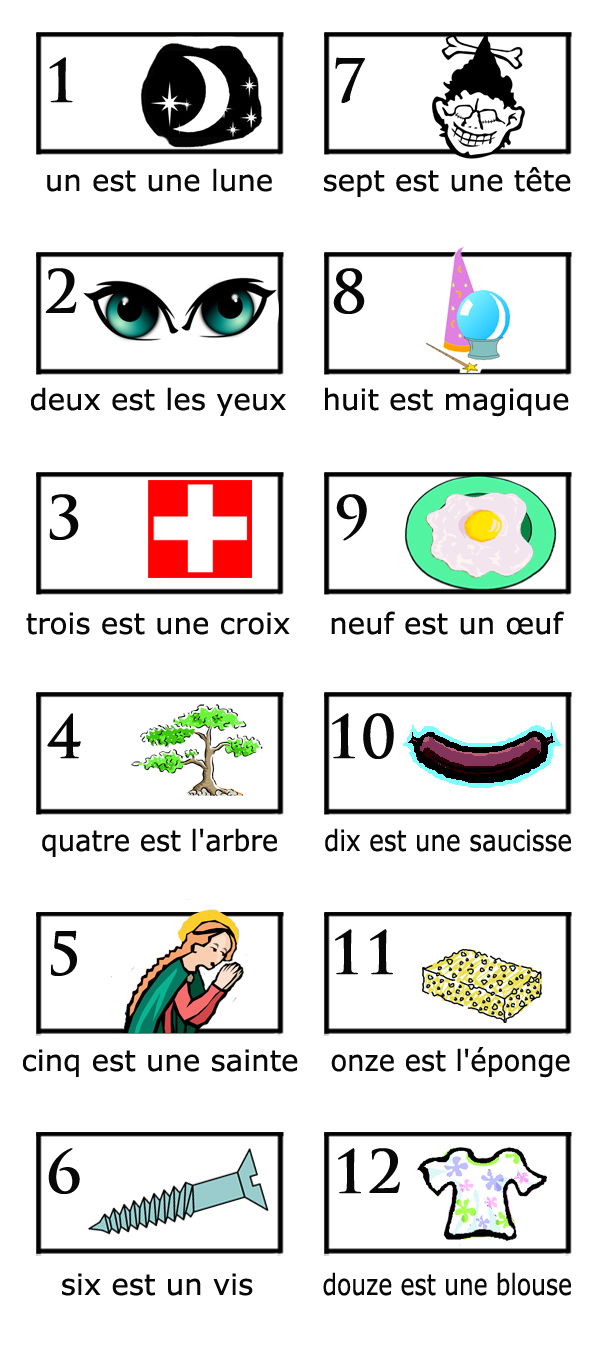Common everyday memory strategies
The most frequently used everyday memory strategies are:
The most frequently used everyday memory strategies are:
Several genes have been implicated in Alzheimer's, but the big one is the e4 allele of the ApoE gene (on chromosome 19). This variant is found in about a quarter of the population.
Having it doesn't mean you are foreordained to develop Alzheimer's, but it certainly increases the risk substantially. The risk goes up considerably more if both of your genes are the e4 variant (remember you inherit two: one from each parent).
I have two sons. One of them was a colicky baby. Night after night my partner would carry him around the room while I tried to get a little sleep. One night, for his own amusement, my partner chose a particular CD to play. Magic! As the haunting notes of the hymns of the 12th century abbess Hildegard of Bingen rang through the room, the baby stopped crying. And stayed stopped. As long as the music played. Experimentation revealed that our son particularly liked very early music (plainchant from the 15th century Josquin des Pres was another favorite).
The evidence that diet, physical exercise, and mental stimulation all help prevent age-related cognitive decline and reduce the risk of mild cognitive impairment and Alzheimer’s, is now very convincing.
Studies of mice and (rather intriguingly) beagles, have provided evidence that ‘enriched’ environments — ones that provide opportunities for regular exercise and mental stimulation — reduce or prevent age-related cognitive decline, and reduce the risk of Alzheimer’s.
Let me start by saying that if you're healthy and are eating a good balanced diet, there should be no need for you to take supplements. I also want to emphasize that the best way of meeting your body's needs for certain vitamins and minerals is to get them from food. In some cases, for one reason or another, this may not be possible. For example, as a (mostly) vegan, I take iron and B12 supplements, to make up for these deficiencies in my diet. Elderly adults with small appetites may also find it hard to get all the nutrients they need from their diet.
Find out about the pegword mnemonic
Here are pegwords I've thought up in the French language.

As with the original example, let's try it out with our cranial nerves.
En francais, les nerfs crâniens son:
The most obvious presumed benefit of homework is, of course, that it will improve students' understanding and retention of the material covered. However, partly because this (most measurable) benefit has not been consistently demonstrated, it has also been assumed that homework has less direct benefits:
A New Yorker cartoon has a man telling his glum wife, “Of course I care about how you imagined I thought you perceived I wanted you to feel.” There are a number of reasons you might find that funny, but the point here is that it is very difficult to follow all the layers. This is a sentence in which mental attributions are made to the 6th level, and this is just about impossible for us to follow without writing it down and/or breaking it down into chunks.
This post is the second part in a four-part series on how education delivery is changing, and the set of literacies required in today’s world. Part 1 looked at the changing world of textbooks. This post looks at the oral equivalent of textbooks: direct instruction or lecturing.
Children’s understanding, and their use of memory and learning strategies, is a considerably more complex situation than most of us realize. To get some feeling for this complexity, let’s start by looking at a specific area of knowledge: mathematics.
Here’s a math problem:
Pete has 3 apples. Ann also has some apples. Pete and Ann have 9 apples altogether. How many apples does Ann have?
This seems pretty straightforward, right? How about this one: